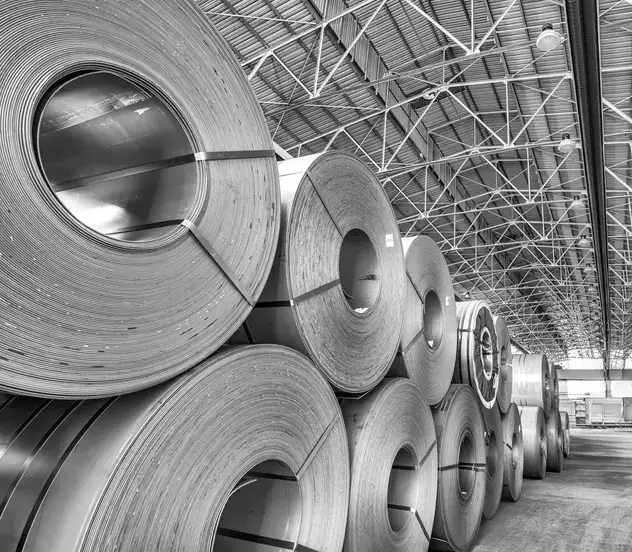Vedanta Aluminium partners with GAIL Gas for sustainable aluminium production

Dedicated natural gas pipeline to support sustainable operations
Under the agreement, GAIL Gas Limited will construct a 7.5 km pipeline to deliver around 32,000 standard cubic metres (SCM) of natural gas daily to Vedanta’s Jharsuguda smelter, the largest aluminium plant in the world. This five-year contract will primarily support a new 430 kilo tonnes per annum (KTPA) cast house designed to produce billets and other high-value aluminium products.
Switching to natural gas as the primary fuel for the new cast house will reduce carbon emissions by 62% monthly, amounting to 3,941 tCO₂e, and approximately 47,292 tCO₂e annually.
Priya Agarwal Hebbar, Non-executive Director at Vedanta and Chairperson of Hindustan Zinc Limited, remarked, “At Vedanta, sustainability is at the heart of everything we do. Our partnership with GAIL Gas Limited is a testament to our commitment to reducing carbon emissions and embracing cleaner energy solutions. By transitioning to natural gas at our Jharsuguda operations—the largest aluminium plant in the world—we are taking a decisive step toward aligning our operations with India’s clean energy vision and our ESG goals. This partnership is a step forward in our journey to grow responsibly and create a greener future for the generations to come."
Commitment to environmental responsibility
This collaboration highlights Vedanta Aluminium’s dedication to minimising its environmental footprint while meeting India’s growing demand for aluminium in critical sectors. Sunil Gupta, Chief Operating Officer at Vedanta Aluminium, stated, “Vedanta Aluminium’s partnership with GAIL exemplifies our ambition to lead the aluminium industry in reducing environmental impact. This agreement is in line with our efforts to reduce carbon emissions and enhance our production capabilities, contributing to India’s growing demand for aluminium in critical sectors. By embracing cleaner energy solutions, we aim to lead the way in creating a more sustainable future for the aluminium industry and our communities.”
Vedanta Aluminium’s sustainability credentials extend beyond this partnership. Its products—such as billets, primary foundry alloys (PFA), wire rods, and ingots—are verified by Environmental Product Declaration (EPD) International, reflecting high sustainability standards. These products have undergone a Life Cycle Assessment (LCA), showcasing strong performance in energy efficiency, greenhouse gas emissions, water conservation, and waste management.
The Jharsuguda plant is also certified by the Aluminium Stewardship Initiative (ASI), a global benchmark for sustainability in the aluminium sector. Additionally, the company holds multiple certifications from the Bureau of Indian Standards (BIS), underscoring its commitment to quality and sustainability.
As part of Vedanta Limited, Vedanta Aluminium is responsible for over half of India’s aluminium production, manufacturing 2.37 million tonnes in FY24. Recognised for its advanced manufacturing practices, the company achieved the top spot in the S&P Global Corporate Sustainability Assessment 2023 for the aluminium industry. This latest partnership with GAIL further cements its leadership in sustainable industrial practices.

